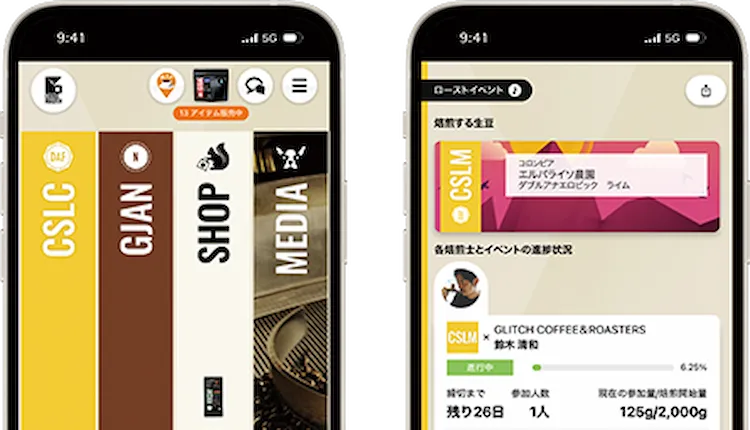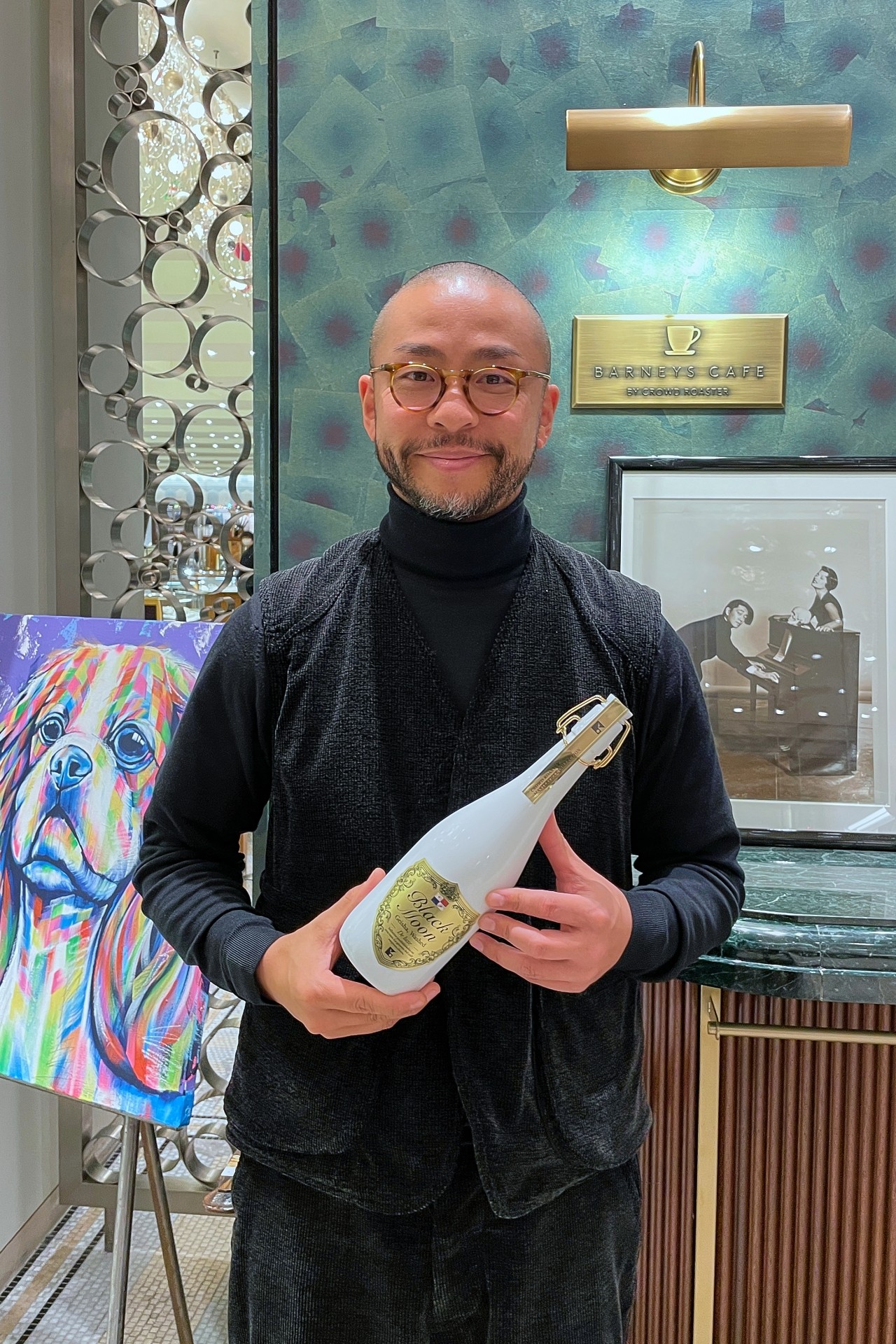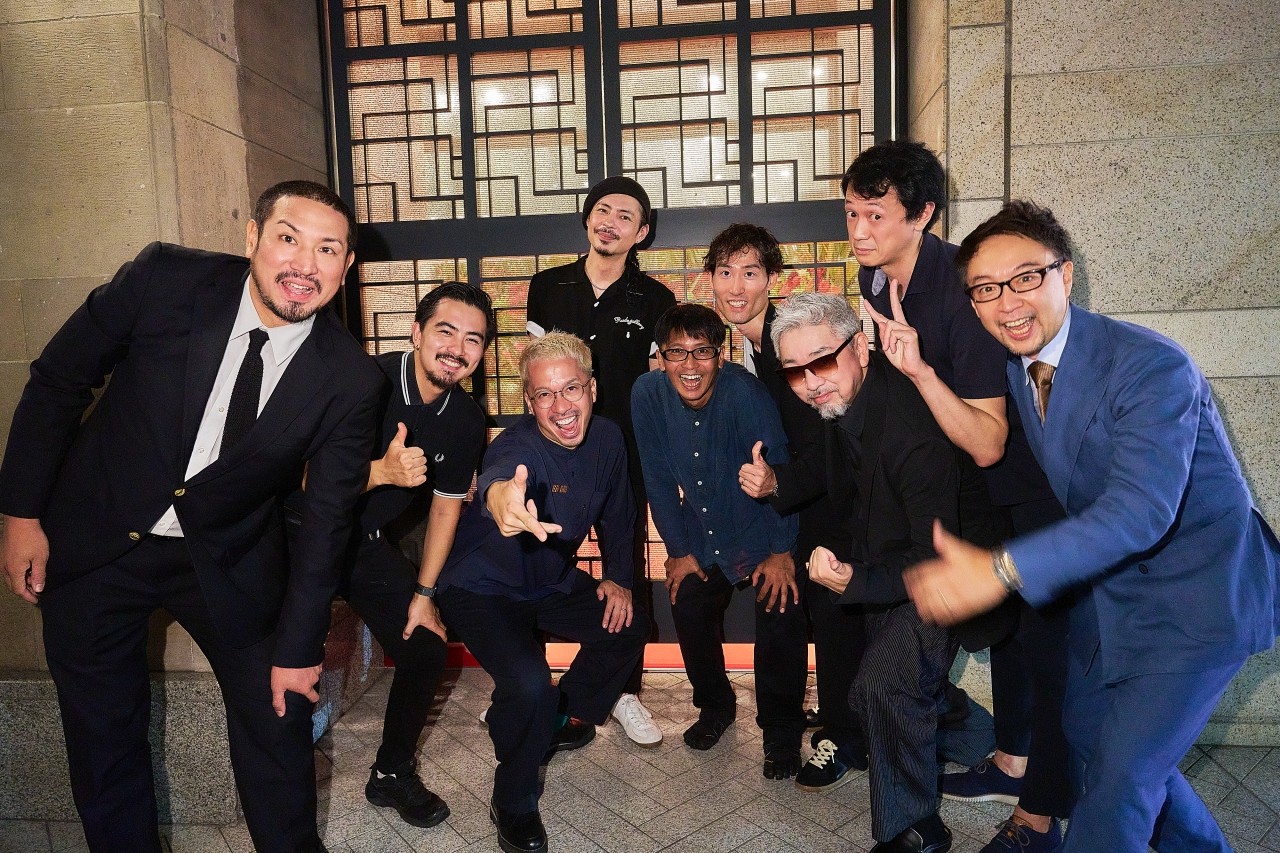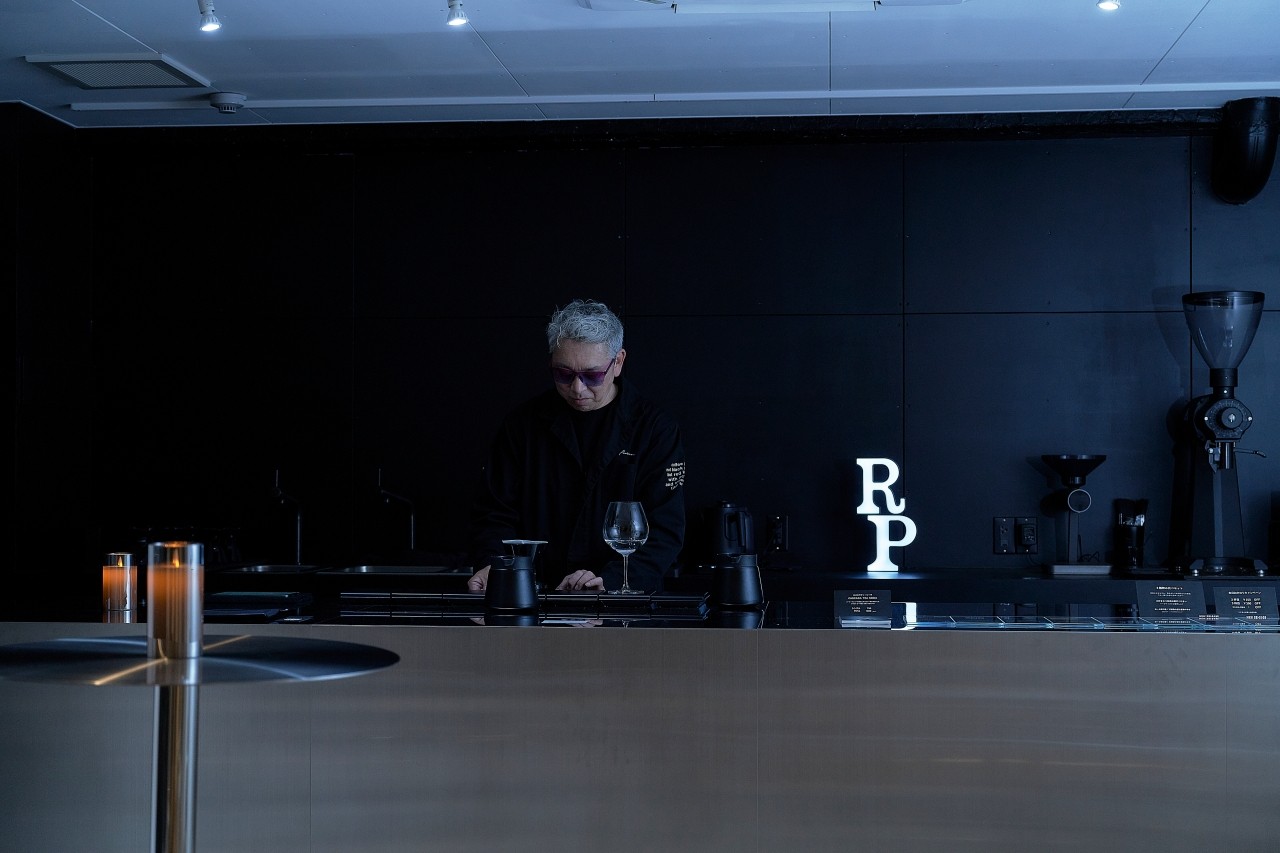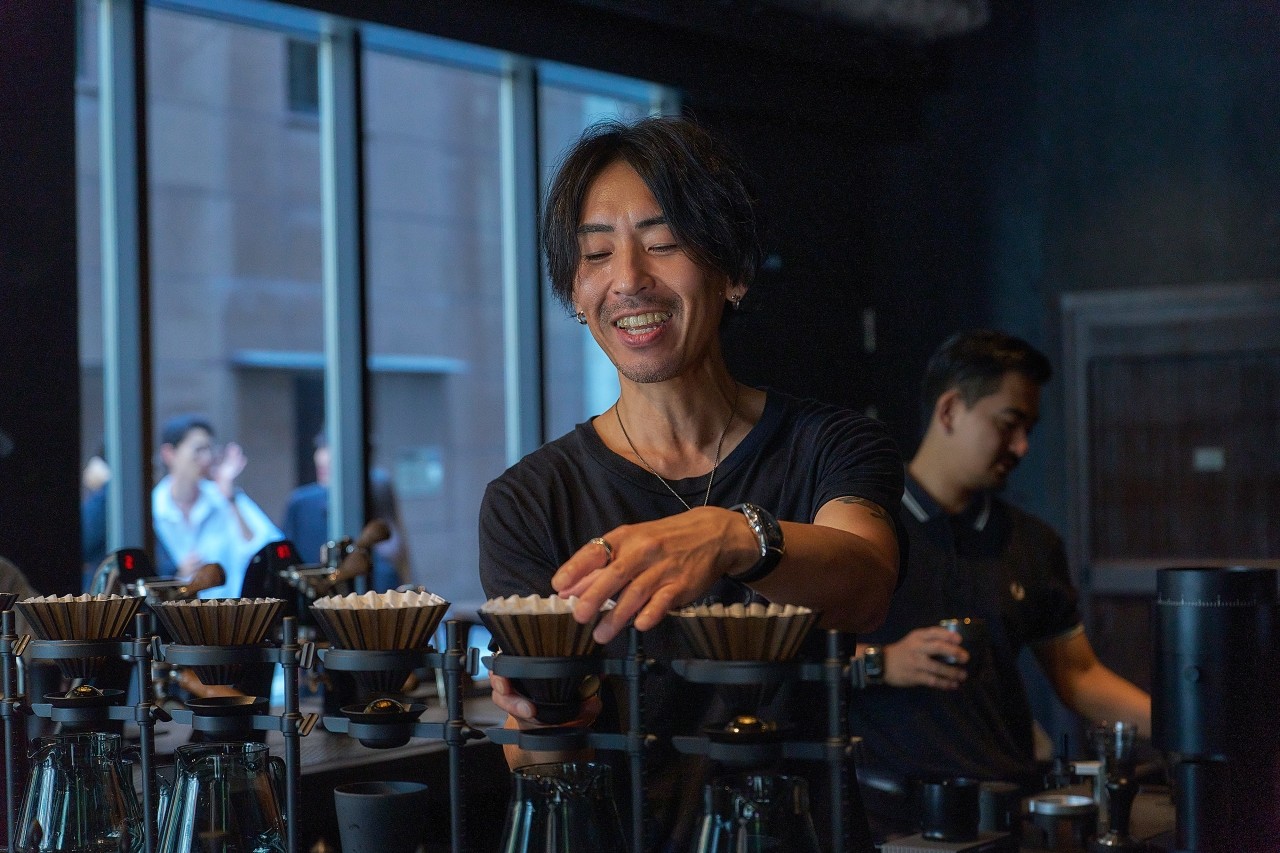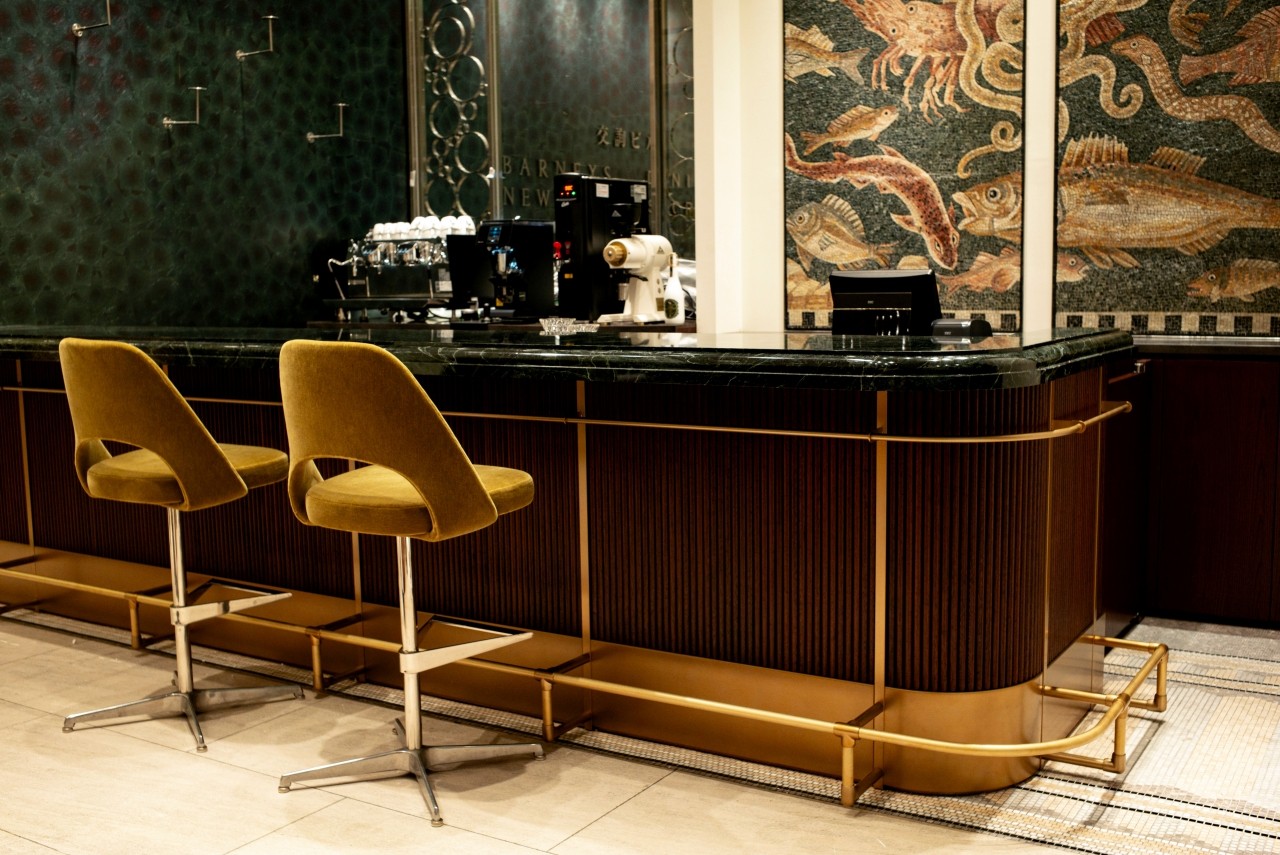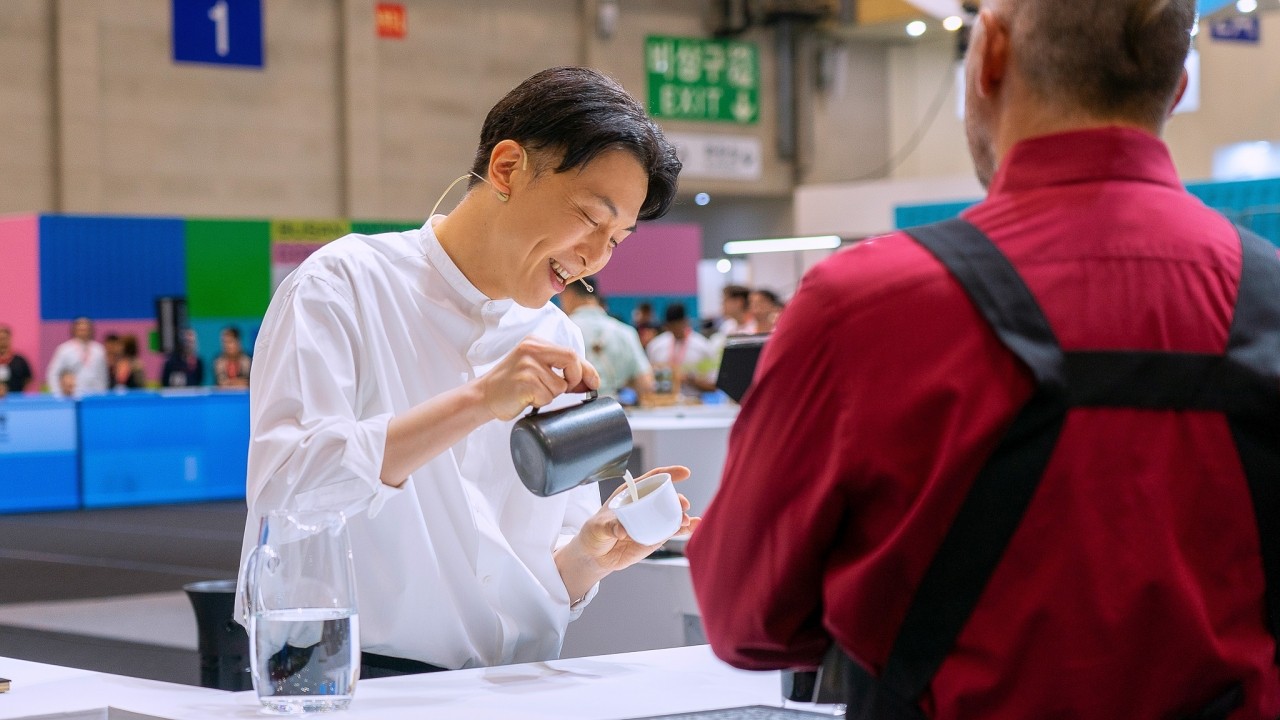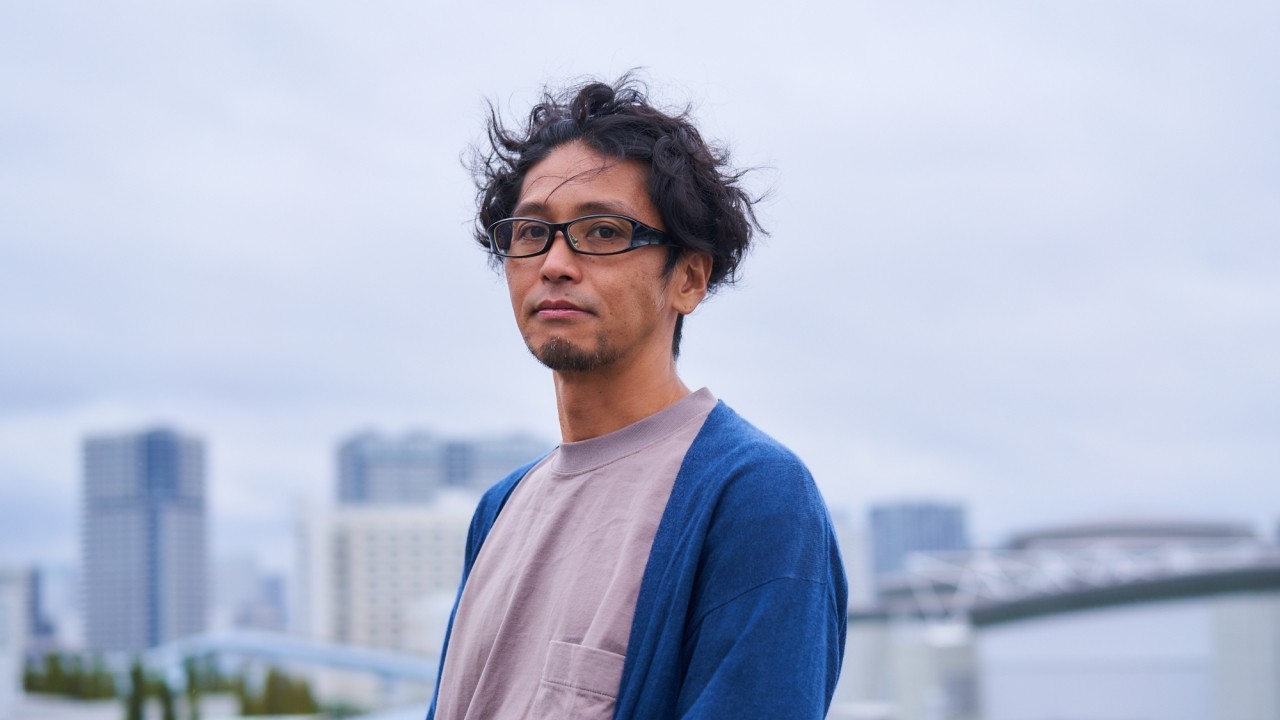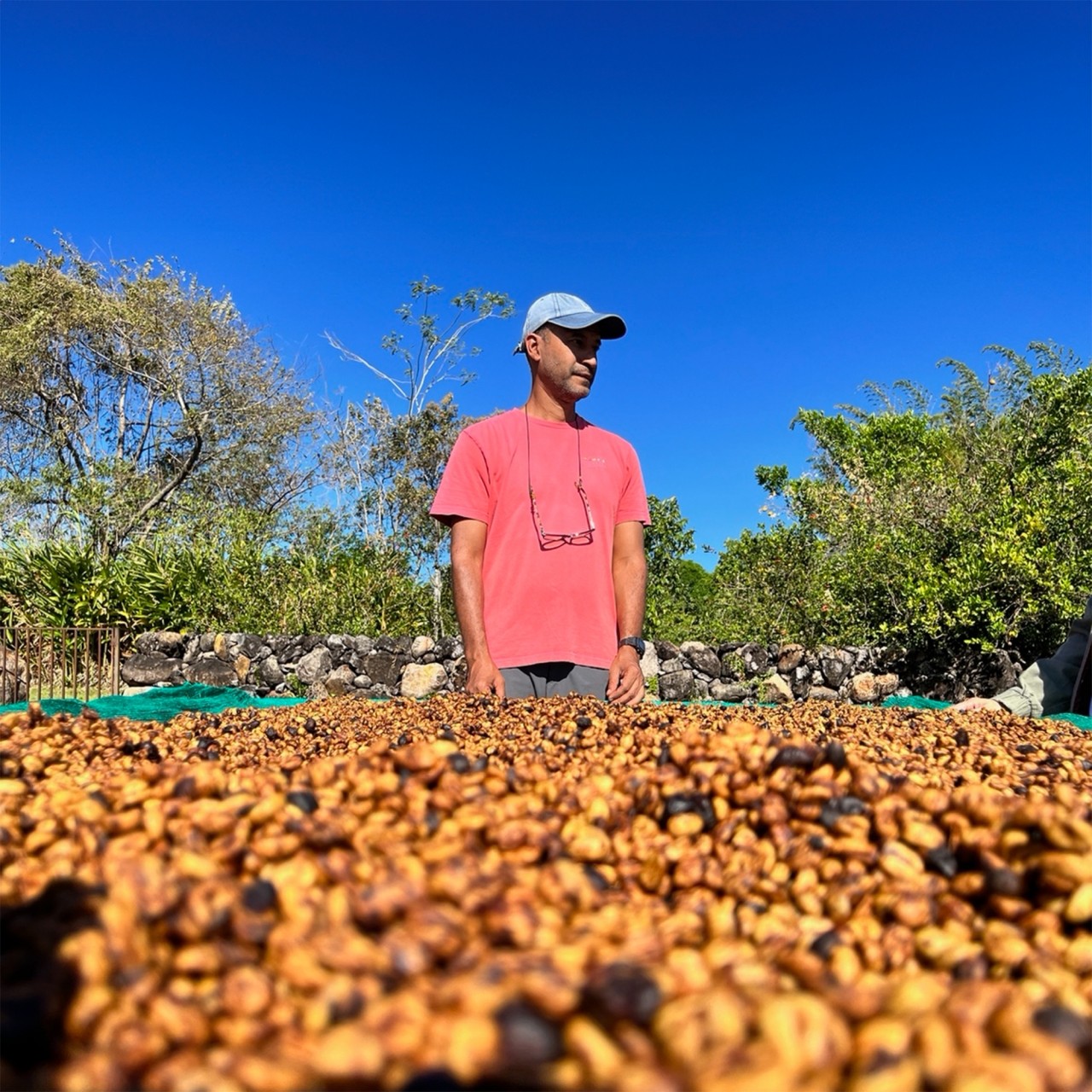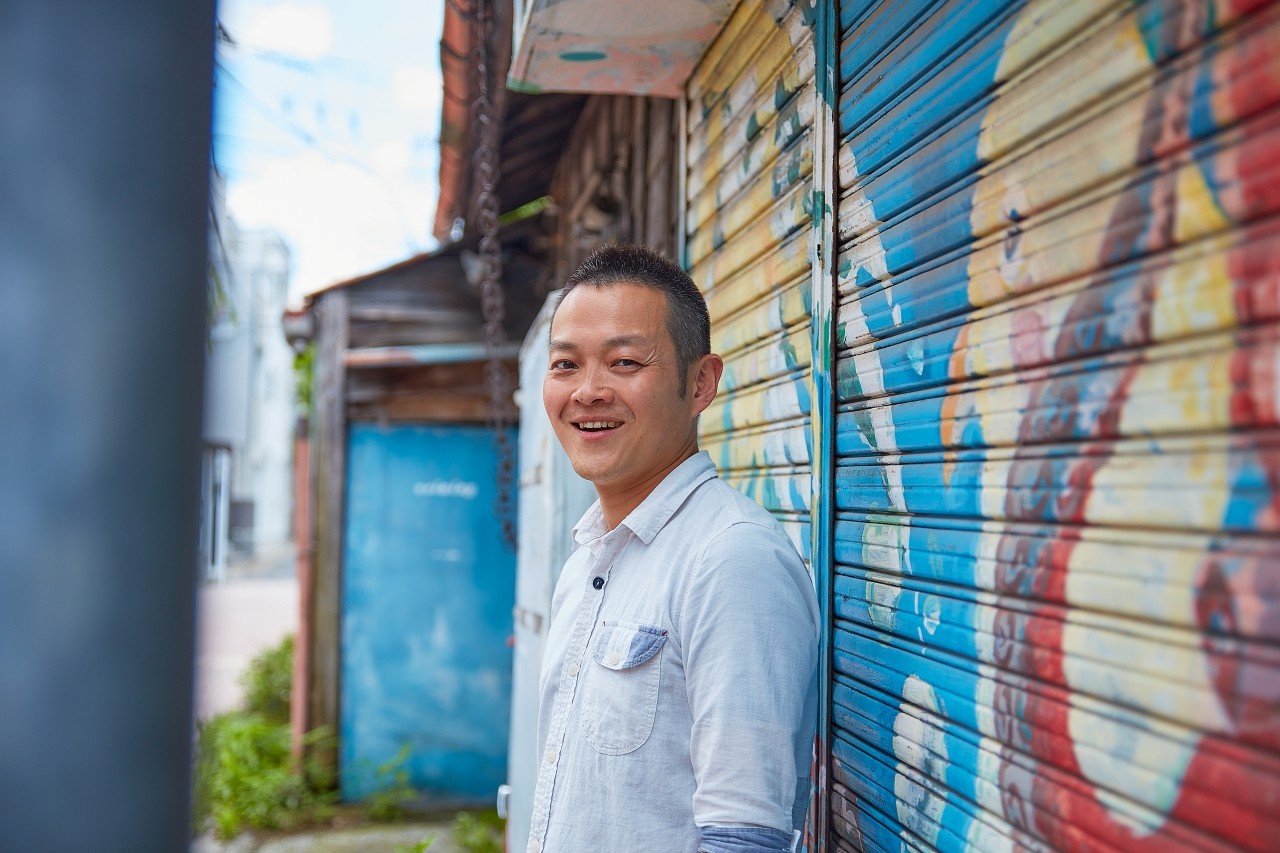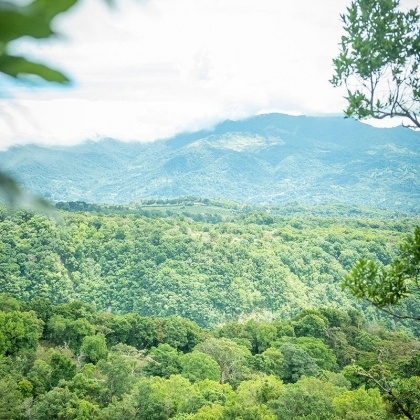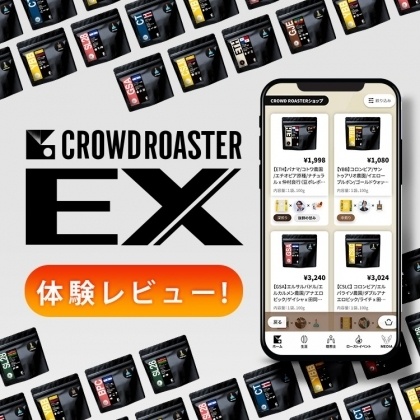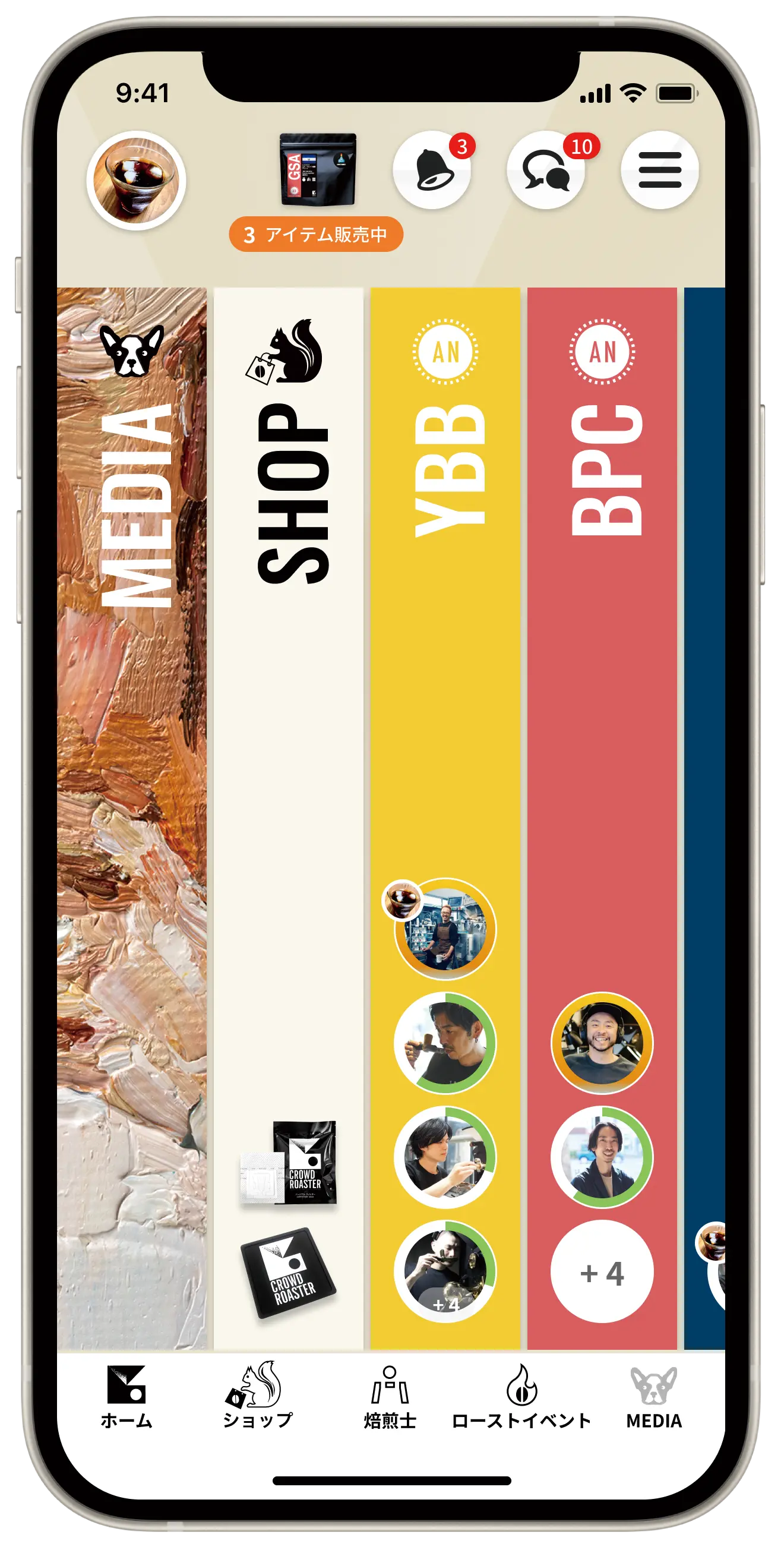Yoshiyuki Nakamura a roaster who continues to challenge himself to be the best in the world
[Contemporary Artisan] Interview with Yoshiyuki Nakamura of mamepolepole
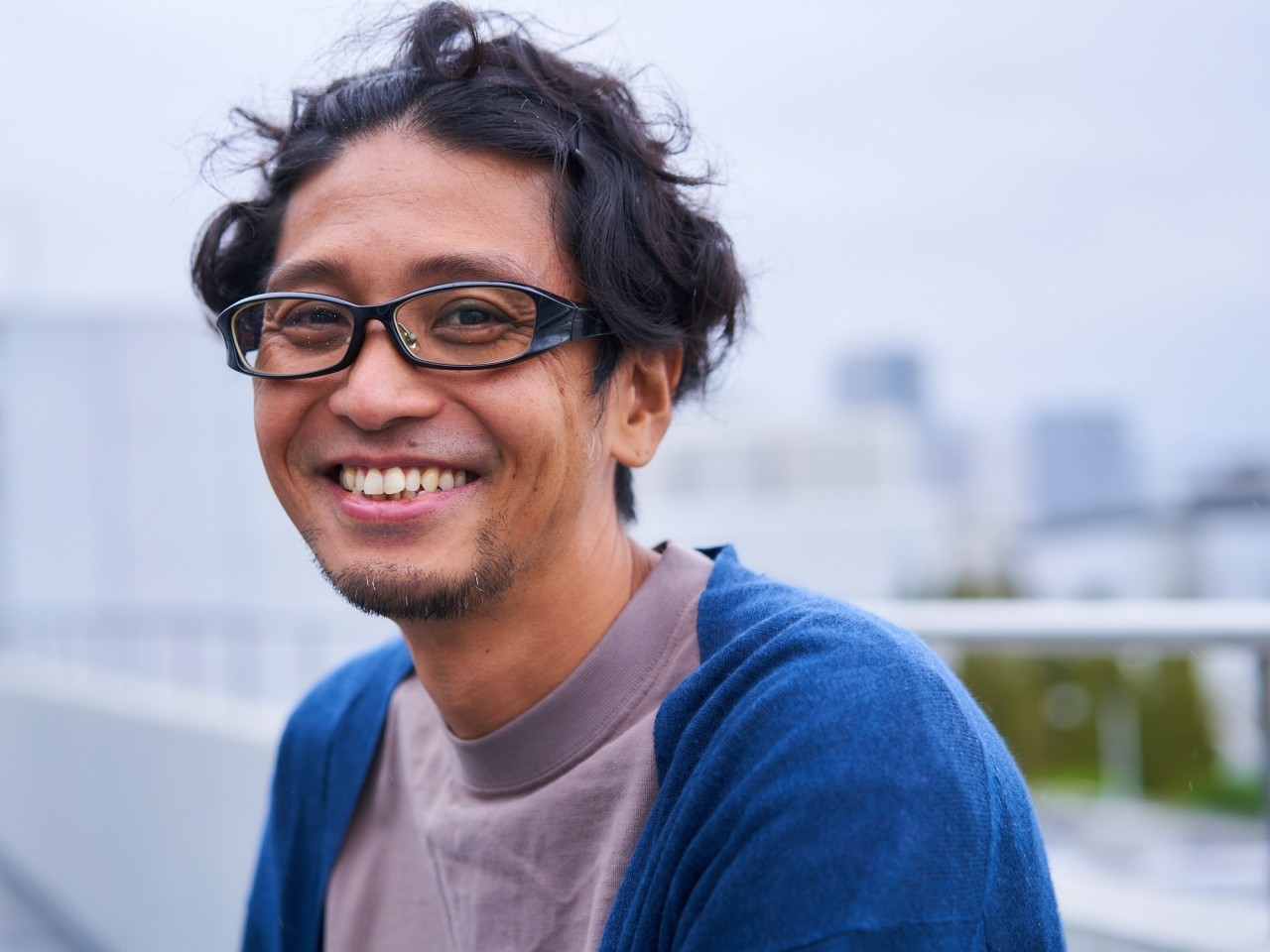
The technique of roasting is very complex and cannot be mastered overnight.
It takes both knowledge and skill to explore the potential of coffee beans and bring out the desired flavor and aroma.
The end result of perfecting the art of roasting is the World Coffee Roasting Championship (WCRC), an international competition that tests the world's best roasting skills.
The competition, which evaluates purely roasting techniques, was won as the representative of Japan in 2018 by Yoshiyuki Nakamura , a roaster who runs a roastery called " mamepolepole " in Okinawa.
Nakamura , who often describes himself as "clumsy," says that his encounter with coffee and roasting was truly fate, the result of a series of coincidences that began in his childhood.
The surprise of Vietnamese coffee
Nakamura is now known as one of Japan's leading coffee roasters, but when he was younger he was so careless about coffee that he thought canned coffee was enough.
"When I was young in Okinawa, McDonald's and A&W (commonly known as Ender, an Okinawan hamburger chain) were open 24 hours a day. Ender especially offered free refills of coffee and root beer. So Manabu students who had no money in the middle of the night would study over a cup of coffee, and older women would chat until the morning, creating a chaotic situation."
After living a Manabu life in those days, he went on a graduation trip to Asia, going from Thailand to Cambodia, Vietnam, and Laos. The purpose was to play billiards, which he had been devoted to at the time.
"At the time, the standard of billiards was very high in Asia, and at local cafes you could write your name on a blackboard, order a drink, and then play a game of billiards. You could play as many times as you wanted until you lost. I ordered Vietnamese-style coffee there. It was so bitter and sweet that I was shocked, as I had only ever had canned coffee. That was when I got interested in coffee."
"When I was young in Okinawa, McDonald's and A&W (commonly known as Ender, an Okinawan hamburger chain) were open 24 hours a day. Ender especially offered free refills of coffee and root beer. So Manabu students who had no money in the middle of the night would study over a cup of coffee, and older women would chat until the morning, creating a chaotic situation."
After living a Manabu life in those days, he went on a graduation trip to Asia, going from Thailand to Cambodia, Vietnam, and Laos. The purpose was to play billiards, which he had been devoted to at the time.
"At the time, the standard of billiards was very high in Asia, and at local cafes you could write your name on a blackboard, order a drink, and then play a game of billiards. You could play as many times as you wanted until you lost. I ordered Vietnamese-style coffee there. It was so bitter and sweet that I was shocked, as I had only ever had canned coffee. That was when I got interested in coffee."
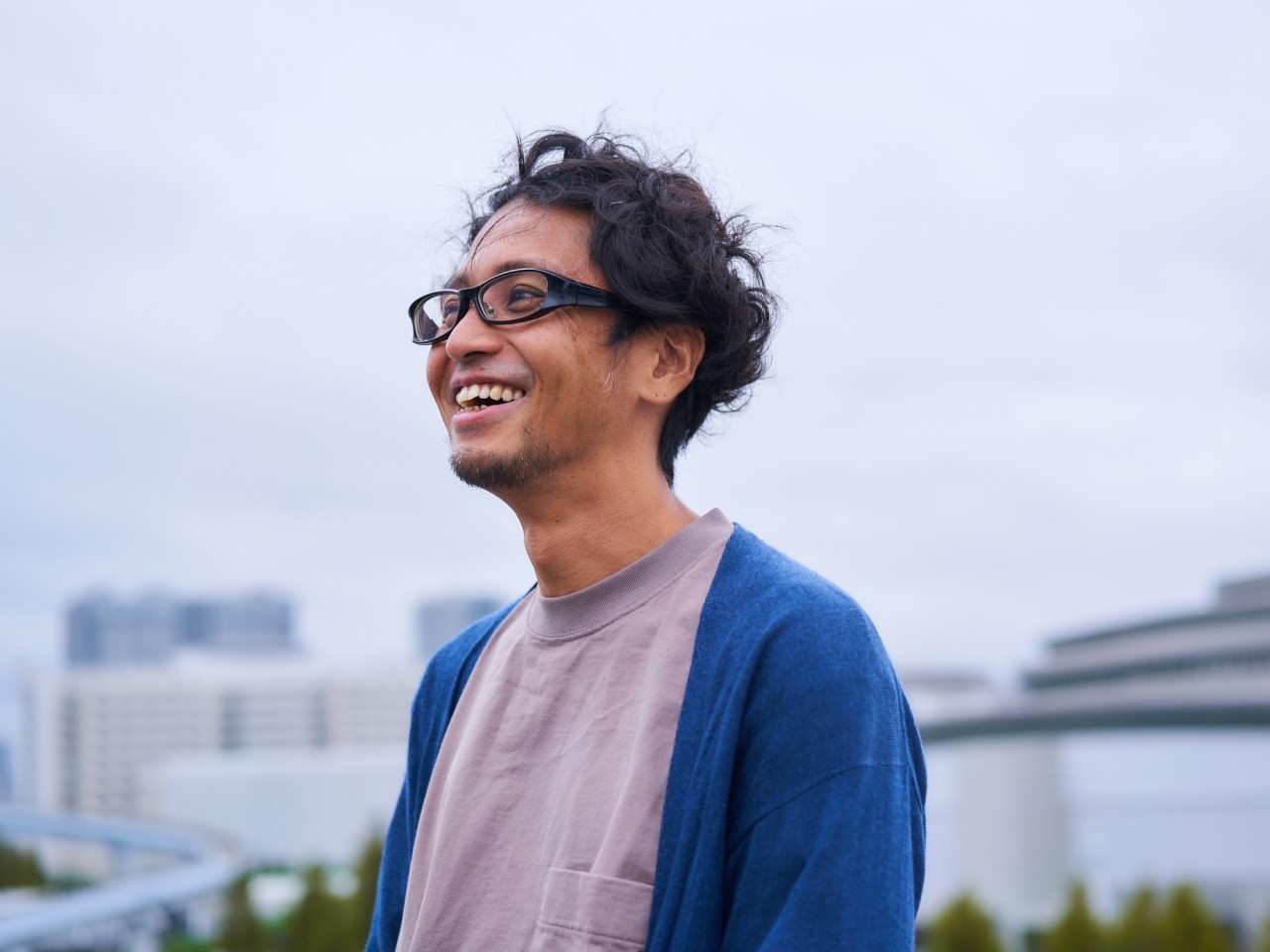
After returning to Japan, he started working part-time at a coffee shop that happened to be hiring. It was there that he brewed coffee as a barista, and that was the beginning of his involvement with coffee.
"It was a coffee shop that had an espresso machine, which was rare at the time, and could serve things like cappuccinos. After all, it was a time when coffee with cinnamon on it was called 'espresso.' I found it really interesting to make real coffee, and when customers told me it was delicious, I got even more into it."
Nakamura was not a coffee fan, but he felt great joy and satisfaction when the coffee he served was praised. The reason for this was that he had a complex about being clumsy since childhood.
"When I was in the first grade at Manabu Elementary School, I broke my right hand and was forced to write with my left hand. When I was finally able to write again in the third grade, I was forced to switch to my right hand again, which resulted in messy handwriting and poor drawing skills. So from an early age I had a preconceived notion that I was a clumsy person. I was really happy when someone like me made coffee and was praised for it being delicious, but I guess the recoil was also quite strong. I kept asking myself, 'I want to make it even more delicious,' and 'Why does it taste better?'"
The first time Nakamura realized that coffee was delicious was when he made a double-shot cappuccino at the shop where he worked part-time.
"When I tasted the sweetness that reminded me of chocolate, I wondered, 'How many people think this is sweet?' That was my formative experience. I went from drinking sweet coffee like caramel cappuccino to drinking unsweetened cappuccino. One time, I added enough milk to rival the espresso and it had a sweetness like dark chocolate. From then on, I thought, 'Maybe black coffee can be sweet too,' and I started to be able to taste the sweetness."
Hand-roasted through trial and error in Manabu , Germany
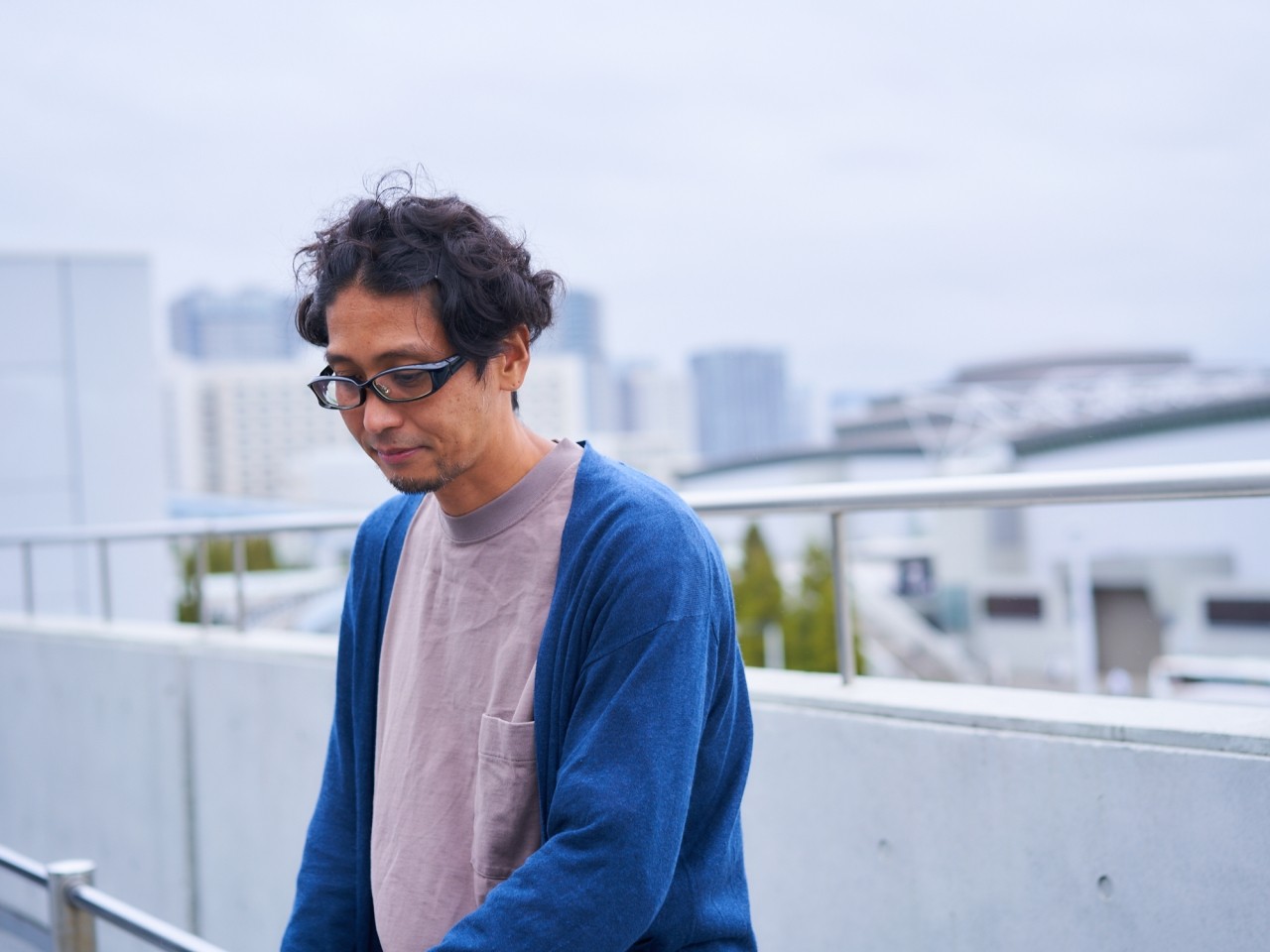
Being the type of person who wants to perfect something once he starts to be particular about it, even while gaining experience as a barista, he came to the conclusion that "the key to coffee is roasting."
However, although he had read many books about coffee, he found that none of them provided detailed information about how to roast the coffee.
"After doing some research, I found out I could do it at home, so I asked a local coffee roaster about it, and he sold me a roasting rack. He even gave me the green beans for free, and I thought he was such a nice guy."
The beans I received were all moldy beans that had been roasted in the shop, and the first coffee I had ever roasted myself was the worst I'd ever had.
"Being an amateur, I didn't know anything (laughs). But it was at this time that I realized that roasting is difficult, and that was the start of my career as a coffee roaster."
There was no place in Okinawa that could teach roasting techniques, so he began attending seminars on the mainland.
"But everyone was saying something different. In the end, I didn't really understand."
However, although he had read many books about coffee, he found that none of them provided detailed information about how to roast the coffee.
"After doing some research, I found out I could do it at home, so I asked a local coffee roaster about it, and he sold me a roasting rack. He even gave me the green beans for free, and I thought he was such a nice guy."
The beans I received were all moldy beans that had been roasted in the shop, and the first coffee I had ever roasted myself was the worst I'd ever had.
"Being an amateur, I didn't know anything (laughs). But it was at this time that I realized that roasting is difficult, and that was the start of my career as a coffee roaster."
There was no place in Okinawa that could teach roasting techniques, so he began attending seminars on the mainland.
"But everyone was saying something different. In the end, I didn't really understand."
I need a roaster
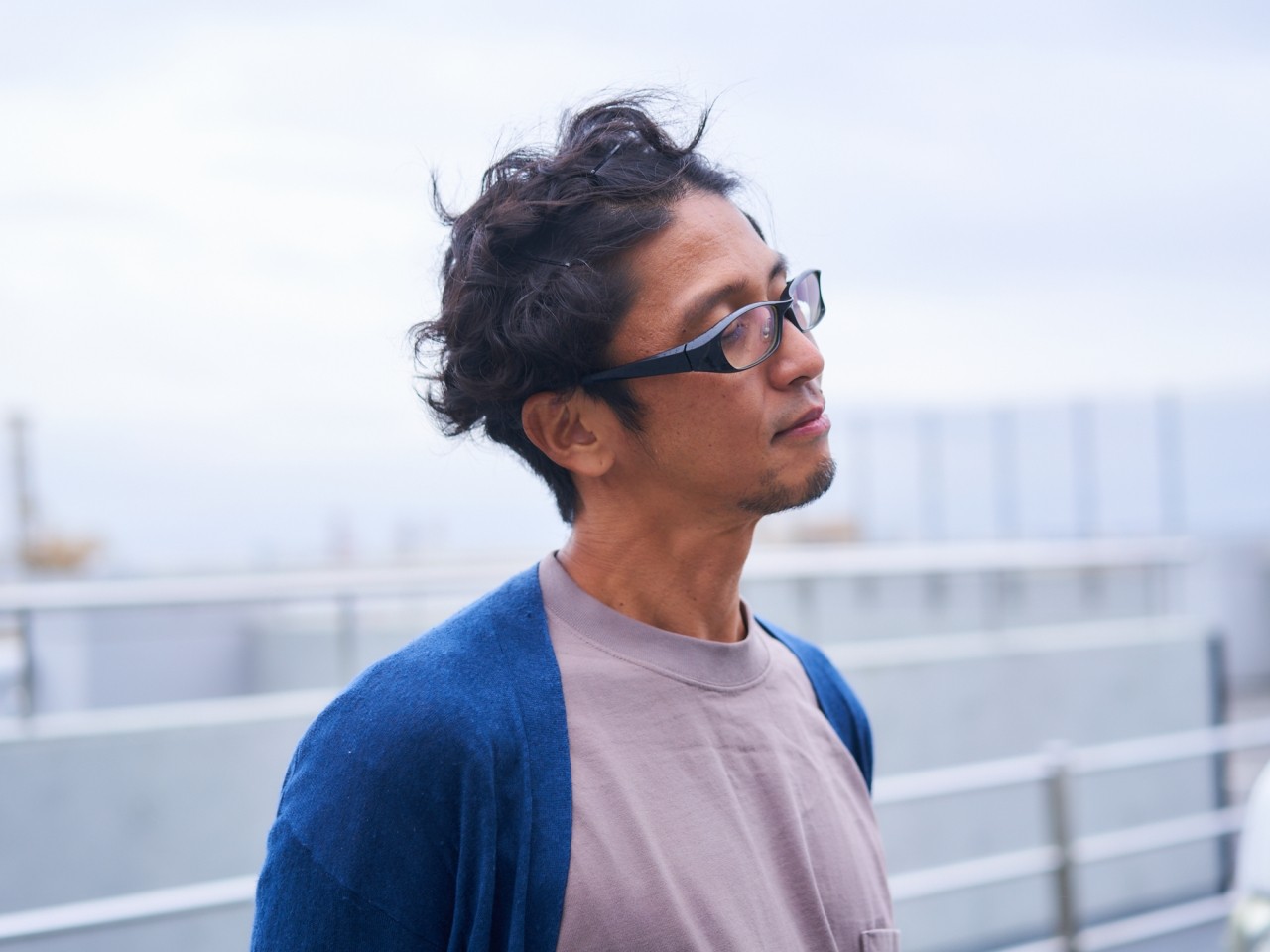
Nakamura continued to practice roasting with a hand roaster in Manabu , Germany. When he felt confident that he could roast coffee by hand, he wanted to try out a roaster, so he bought a Fuji Royal 1kg direct-fire roaster. It is a small roaster commonly used for test roasts and small roasteries.
From then on, he roasted coffee and distributed it to his acquaintances. He worked part-time and invested his income into roasting. He even went to seasonal jobs to save up a large amount of money. Even then, he would visit cafes on his days off and continue to study coffee through books.
The reason he was able to become so absorbed in his desire to perfect his roasting techniques was because of the desire he had at the first coffee shop he worked at: "I want to work with coffee."
While acquiring skills, he aimed to open his own shop, but because he had no funds, he went around bowing down to many people.
"I was completely torn to shreds. Relatives and acquaintances said, 'It's your fault for not saving money,' and 'Are you sure you can survive on that?'"
Nakamura himself knew better than anyone that such comments were inevitable, but his passion for roasting never faded.
With the help of many people, mamepolepole was opened in 2010.
From then on, he roasted coffee and distributed it to his acquaintances. He worked part-time and invested his income into roasting. He even went to seasonal jobs to save up a large amount of money. Even then, he would visit cafes on his days off and continue to study coffee through books.
The reason he was able to become so absorbed in his desire to perfect his roasting techniques was because of the desire he had at the first coffee shop he worked at: "I want to work with coffee."
While acquiring skills, he aimed to open his own shop, but because he had no funds, he went around bowing down to many people.
"I was completely torn to shreds. Relatives and acquaintances said, 'It's your fault for not saving money,' and 'Are you sure you can survive on that?'"
Nakamura himself knew better than anyone that such comments were inevitable, but his passion for roasting never faded.
With the help of many people, mamepolepole was opened in 2010.
Fuji Royal, who helped me grow into a full-fledged adult
When they first opened, they installed a Fuji Royal 5kg roaster, but then increased the number of burners and installed two fans to enable continuous roasting. They couldn't get a light roast using the direct flame method, so they modified the drum themselves and changed it to a semi-hot air type. They also began to feel that the coffee's contours were becoming blurred, so they installed a Probat roaster.
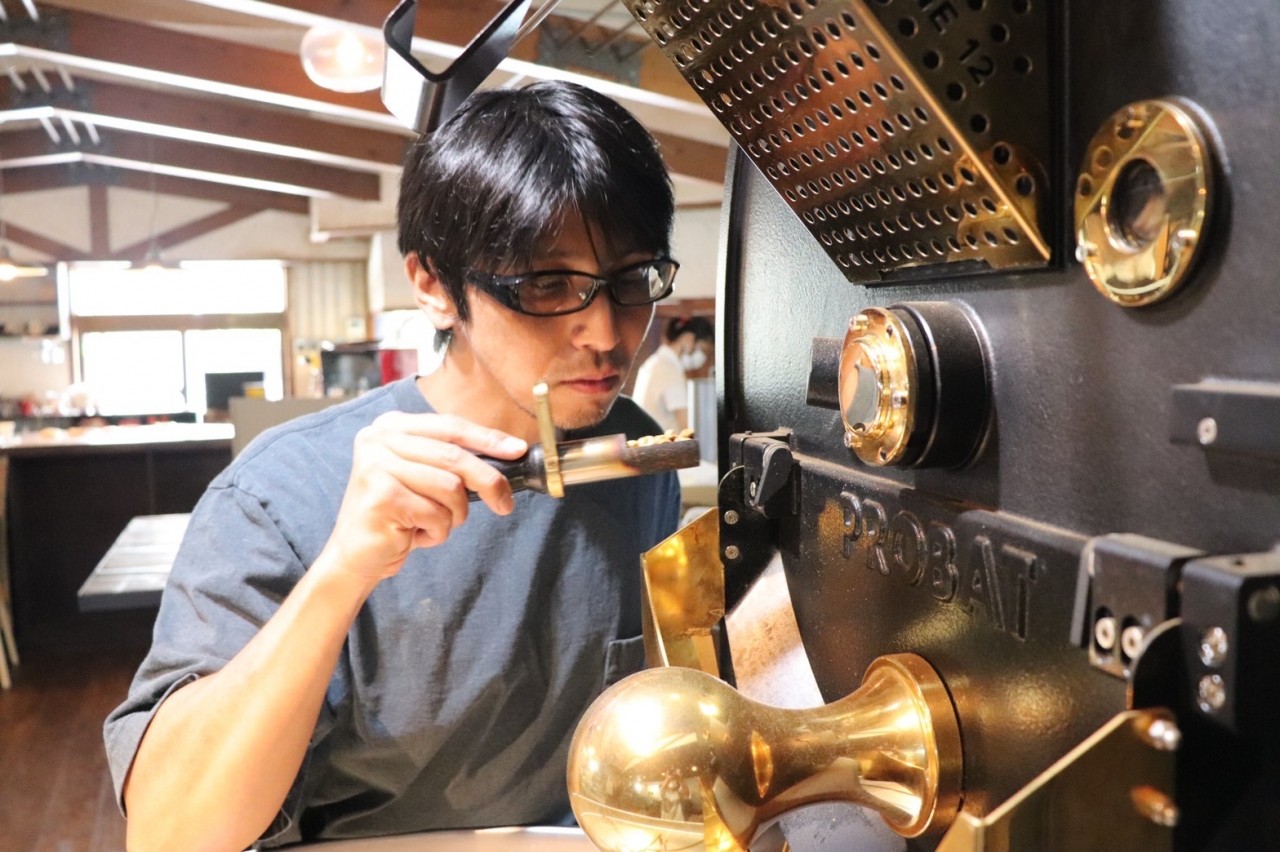
However, looking back, he believes that his initial use of Fuji Royal was beneficial in helping him reach his current level.
"Looking back, it was just a lack of knowledge, but now I can roast the coffee well even with an open-fire roaster. I wish I could tell myself from 10 years ago, 'It's not the roaster's fault' (laughs). With Fuji Royal, the finish can be easily affected by small differences in things like the outside temperature, and in Okinawa, it can change a lot if a typhoon is approaching. The negative aspects, such as the coffee burning easily, can be controlled by the roaster to prevent this.
I think that being exposed to this roaster gave me the opportunity to think about these things and helped me improve. Once you get used to Fuji Royal, you won't have any problems with overseas roasters that have high heat retention (used in competitions, etc.)."
The reason I aim to be number one in the world is for my own Manabu
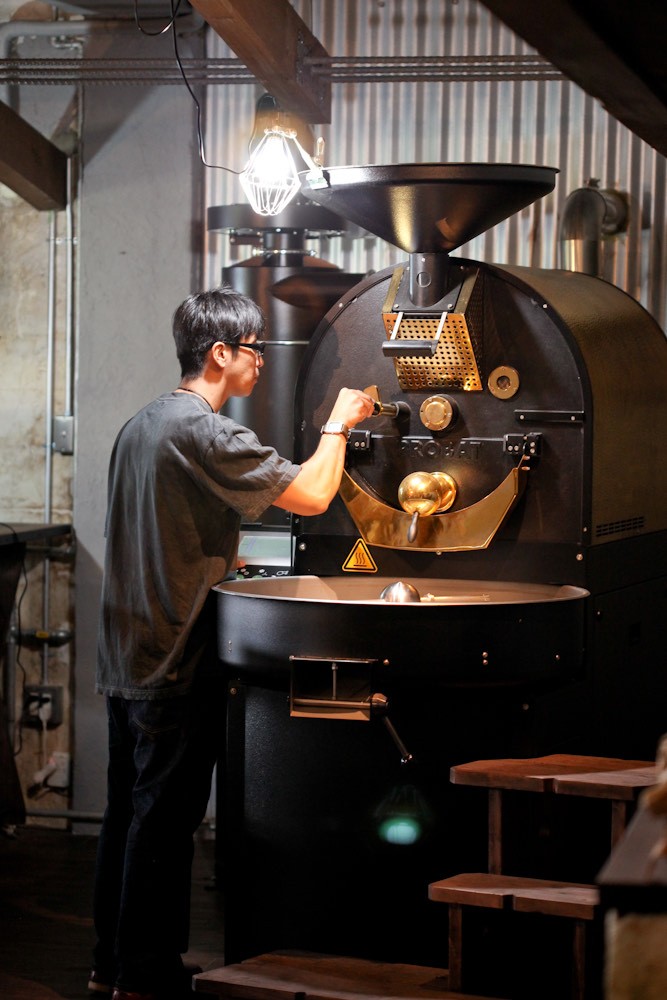
Just because you have a good roasting machine and set up a shop doesn't mean that your roasting skills will suddenly improve one day. Nakamura himself wanted to learn more and roast better, but it was hard to find the time. That's when he decided to take on the challenge of the Japan Coffee Roasting Championship (JCRC).
"If you do nothing, time just passes by. But if I'm going to enter a competition, I have to make time to study no matter what. I'm not a very strict person, so I had to make time to face roasting in order to prepare for the competition."
The first time he participated in a competition, he placed in the 20th place. However, as he said, "I was glad that I learned something, so I'm looking forward to participating again next time," he continued to work hard and finally won the No. 1 spot in Japan at the Japan Coffee Roasting Championship in 2017. He also placed second at the 2018 world competition, where he represented Japan.
Not only that, but he also took the national championship for the second time in 2022 at the Japan tournament, and is now working hard to hone his skills in preparation for the world tournament to be held in 2023.
"At the 2018 world championships, I was confident that I could do it, but it didn't work out. I won the Japanese championship by a narrow margin, and came in second at the world championships by a narrow margin. I'm studying for the championships and looking for a different approach from last time."
"If you do nothing, time just passes by. But if I'm going to enter a competition, I have to make time to study no matter what. I'm not a very strict person, so I had to make time to face roasting in order to prepare for the competition."
The first time he participated in a competition, he placed in the 20th place. However, as he said, "I was glad that I learned something, so I'm looking forward to participating again next time," he continued to work hard and finally won the No. 1 spot in Japan at the Japan Coffee Roasting Championship in 2017. He also placed second at the 2018 world competition, where he represented Japan.
Not only that, but he also took the national championship for the second time in 2022 at the Japan tournament, and is now working hard to hone his skills in preparation for the world tournament to be held in 2023.
"At the 2018 world championships, I was confident that I could do it, but it didn't work out. I won the Japanese championship by a narrow margin, and came in second at the world championships by a narrow margin. I'm studying for the championships and looking for a different approach from last time."
Aiming for the best coffee, with a sweet taste and a pleasant mouthfeel
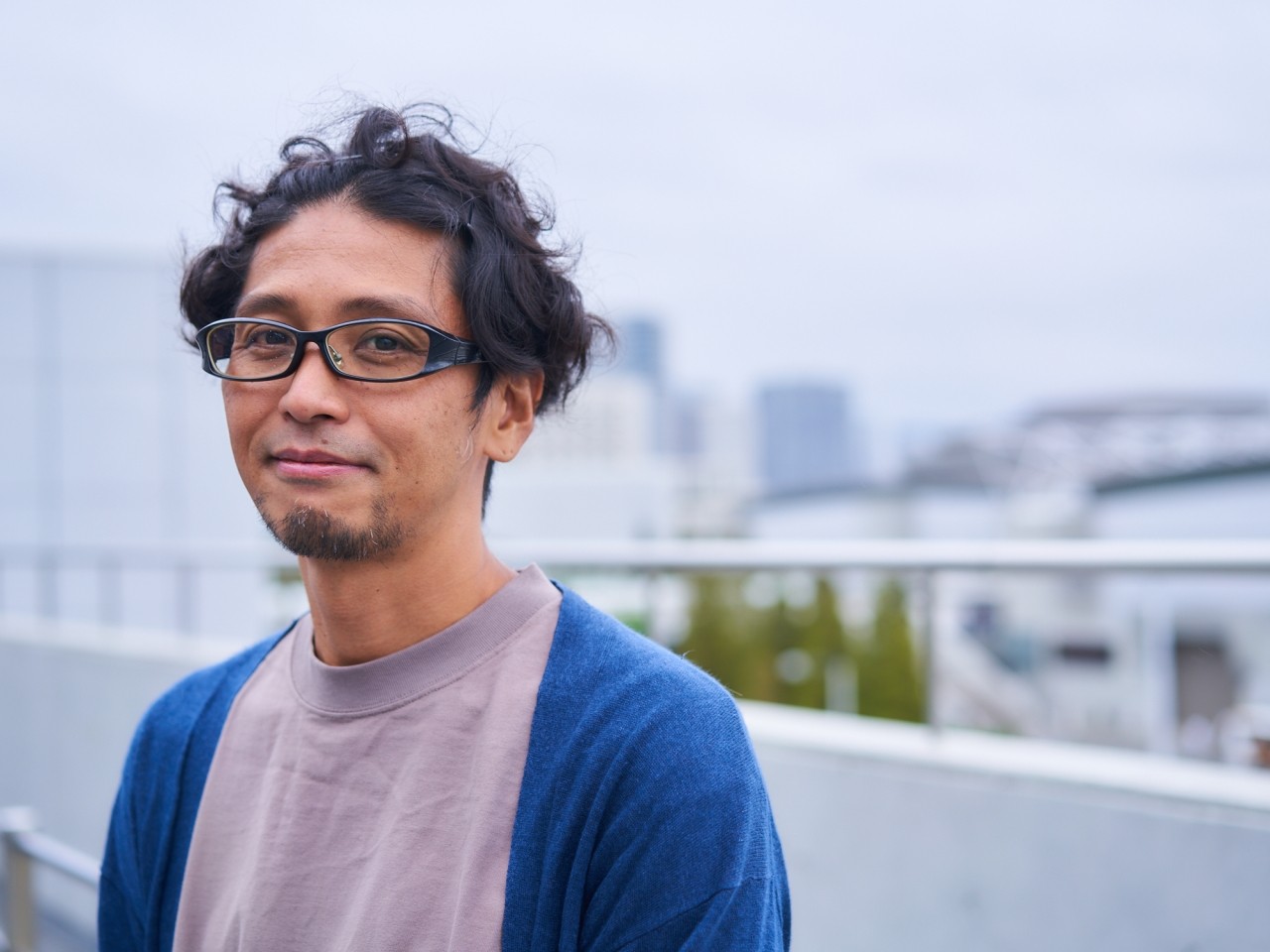
Nakamura describes his ideal coffee in one word: a sweet coffee with a pleasant mouthfeel. He is careful not to bring out the negative aspects of the roasting process.
"I've always liked that kind of coffee, and at competitions you can really look at the negative aspects in detail."
We believe that there are many factors that determine how tasty a coffee is.
"I think who you're drinking with and where you're drinking it play a big role in how delicious the coffee tastes. But the aspect that makes it objectively delicious is the result of the roasting. The thing I pay the most attention to is balance, and roasting to allow the coffee to fully develop."
The same can be said for CROWD ROASTER beans, which he encounters for the first time almost every time.
"The beans that are requested for roasting at CROWD ROASTER are not the beans that I would have wanted to roast myself. That's why I find it fun to discover new things along the way, and I think that consumers enjoy it too. I've felt that way myself.
You can compare coffee roasted by different roasters using the same beans, and at CR you can see the beans and the roasters, which is something you can't do at a single store. I hope that this will spread the word about how to enjoy coffee in various ways."
From the way Nakamura speaks, he does not seem to be pursuing his own knowledge and techniques, but is not motivated by fame or profit. His unique Okinawan intonation hints at the pure enjoyment of the act of roasting, which he encountered when he was not very familiar with coffee.
"There are some tough aspects to roasting coffee as a job, but once you get over those, it's a really fun job."
"I've always liked that kind of coffee, and at competitions you can really look at the negative aspects in detail."
We believe that there are many factors that determine how tasty a coffee is.
"I think who you're drinking with and where you're drinking it play a big role in how delicious the coffee tastes. But the aspect that makes it objectively delicious is the result of the roasting. The thing I pay the most attention to is balance, and roasting to allow the coffee to fully develop."
The same can be said for CROWD ROASTER beans, which he encounters for the first time almost every time.
"The beans that are requested for roasting at CROWD ROASTER are not the beans that I would have wanted to roast myself. That's why I find it fun to discover new things along the way, and I think that consumers enjoy it too. I've felt that way myself.
You can compare coffee roasted by different roasters using the same beans, and at CR you can see the beans and the roasters, which is something you can't do at a single store. I hope that this will spread the word about how to enjoy coffee in various ways."
From the way Nakamura speaks, he does not seem to be pursuing his own knowledge and techniques, but is not motivated by fame or profit. His unique Okinawan intonation hints at the pure enjoyment of the act of roasting, which he encountered when he was not very familiar with coffee.
"There are some tough aspects to roasting coffee as a job, but once you get over those, it's a really fun job."
CROWD ROASTER offers a wide range of coffee beans that are not available at Nakamura 's store, mamepolepole .
Ask Nakamura to roast your coffee and get a cup of coffee that you can only enjoy here.
Shop Information
mamepolepole
1F, 6-13-8 Takahara, Okinawa City, Okinawa Prefecture
OPEN: 10:30〜18:30
CLOSE: Thursday, Sunday
mamepolepole
mamepolepole
1F, 6-13-8 Takahara, Okinawa City, Okinawa Prefecture
OPEN: 10:30〜18:30
CLOSE: Thursday, Sunday
mamepolepole
If you want to enjoy coffee more deeply
" CROWD ROASTER APP"
Manabu at CROWD ROASTER LOUNGE
・Push notifications for article updates・Full of original articles exclusive to CROWD ROASTER
・Direct links to detailed information about green beans and roasters
App-only features
- Choose green beans and roasters to create and participate in roasting events・CROWD ROASTER SHOP: Everything from beans to equipment is readily available
・GPS-linked coffee map function
